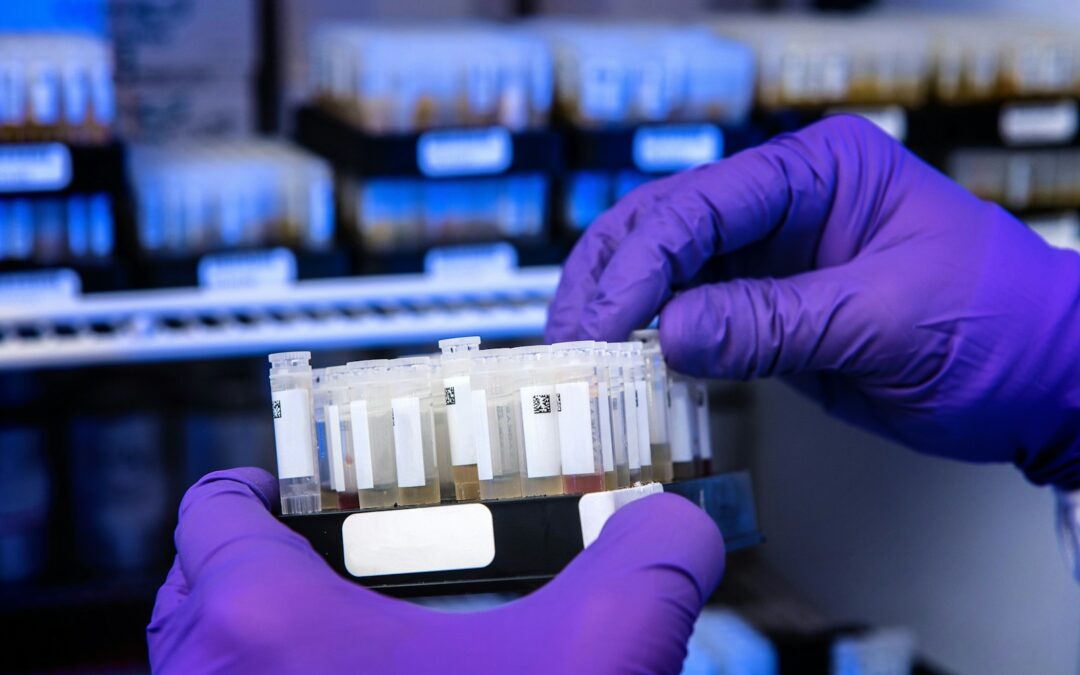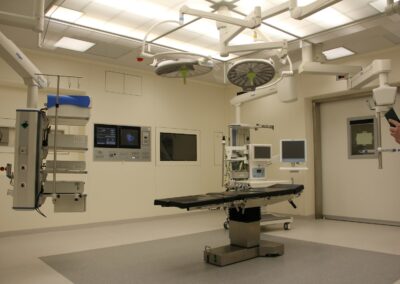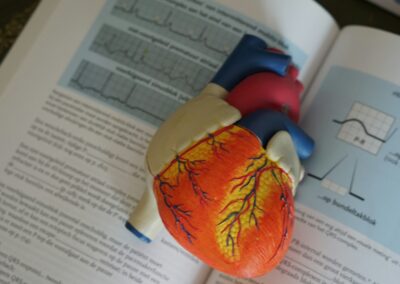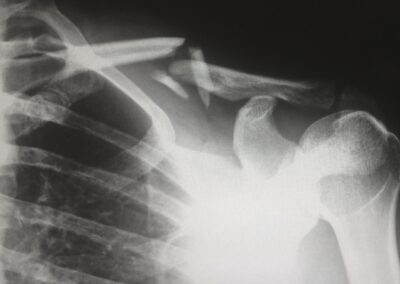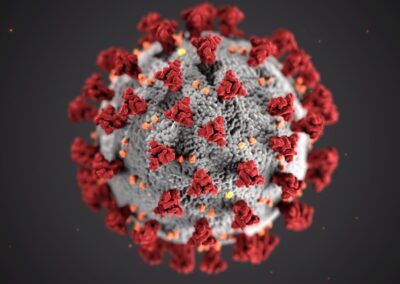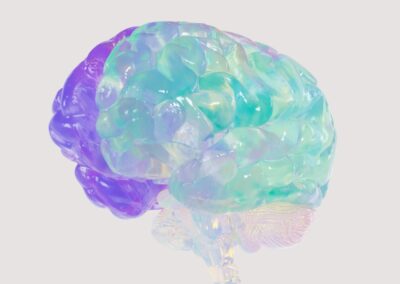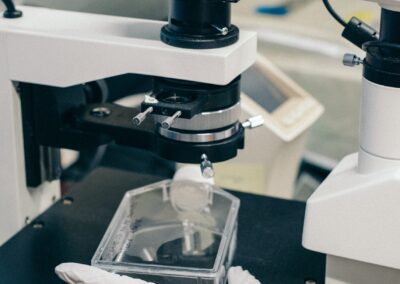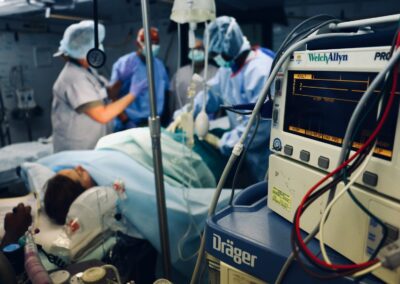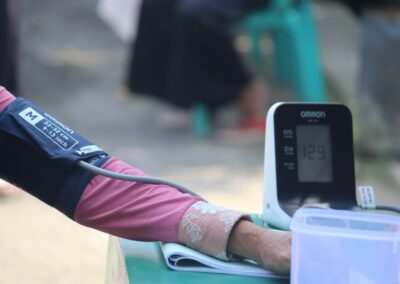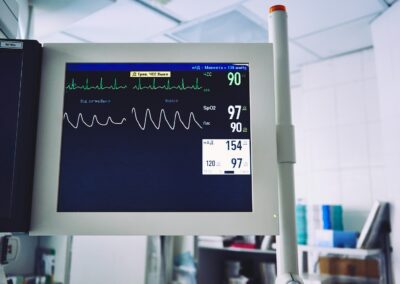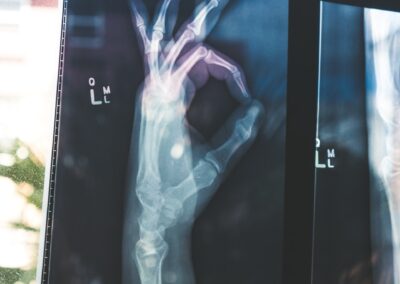Revolutionizing Medical Diagnosis with Artificial Intelligence
The Impact of AI on Medical Diagnosis Efficiency
AI in medical diagnosis is revolutionizing how healthcare providers approach patient care by significantly reducing the time and cost associated with diagnosing conditions. Artificial Intelligence systems, through advanced algorithms and machine learning, analyze medical data with unprecedented speed and accuracy. This innovation addresses one of the most pressing issues in healthcare—diagnostic delays and inaccuracies. By leveraging AI, medical professionals in Saudi Arabia and the UAE can streamline diagnostic processes, leading to faster treatment and improved patient outcomes.
In cities like Riyadh and Dubai, where the healthcare sector is rapidly evolving, AI technologies are becoming essential tools for healthcare providers. AI systems can quickly analyze vast amounts of data from medical imaging, lab results, and patient records, providing healthcare professionals with timely and accurate diagnostic insights. This capability reduces the need for multiple tests and consultations, lowering overall diagnostic costs and enhancing efficiency in healthcare delivery.
Furthermore, AI’s ability to identify patterns and correlations in complex medical data facilitates early detection of diseases. Early diagnosis is crucial for conditions such as cancer and cardiovascular diseases, where timely intervention can significantly improve patient prognosis. By integrating AI into medical diagnostics, healthcare providers can offer more precise and proactive care, ultimately leading to better health outcomes for patients.
Reducing Costs and Improving Outcomes with AI
The integration of AI in medical diagnosis is also transforming cost management in healthcare. Traditional diagnostic processes often involve expensive and time-consuming procedures, which can be a burden on both healthcare systems and patients. AI reduces these costs by automating routine tasks, minimizing the need for manual analysis, and accelerating the diagnostic process.
For instance, AI-powered imaging systems can quickly interpret X-rays, MRIs, and CT scans with a high degree of accuracy, reducing the need for additional diagnostic imaging. This not only lowers the cost of individual tests but also reduces the overall cost of diagnosis by decreasing the number of follow-up appointments and procedures. As a result, healthcare providers in the UAE and Saudi Arabia can allocate resources more efficiently and offer more affordable care to their patients.
In addition to cost reduction, AI enhances patient outcomes by improving diagnostic accuracy. AI systems are designed to learn and adapt over time, continuously refining their algorithms to provide more precise results. This advanced technology helps in identifying conditions that might be missed by traditional diagnostic methods, ensuring that patients receive the correct diagnosis and appropriate treatment promptly.
The Future of AI in Medical Diagnosis
Looking ahead, the role of AI in medical diagnosis is poised to expand further, offering even greater advancements in healthcare. As AI technologies evolve, they will become more integrated into various aspects of medical practice, from personalized medicine to predictive analytics. The potential for AI to enhance diagnostic precision and patient care is immense, promising a future where healthcare is not only more efficient but also more effective.
In Saudi Arabia and the UAE, the continued adoption of AI in healthcare will likely drive innovation and improve the quality of care. As these countries invest in modern technologies and smart healthcare solutions, AI will play a central role in transforming their healthcare systems. Collaborative efforts between technology providers, healthcare professionals, and policymakers will be essential in realizing the full potential of AI in medical diagnosis.
Moreover, as AI becomes more sophisticated, it will likely support the development of new diagnostic tools and techniques. For example, AI-driven genomics and proteomics could lead to breakthroughs in understanding and treating complex diseases. This ongoing evolution will ensure that AI remains at the forefront of medical innovation, continually enhancing diagnostic capabilities and patient outcomes.
Conclusion: Embracing AI for a Better Healthcare Future
In conclusion, AI in medical diagnosis represents a significant leap forward in healthcare technology, offering improvements in efficiency, cost management, and patient outcomes. By integrating AI into diagnostic processes, healthcare providers in Saudi Arabia, the UAE, Riyadh, and Dubai can enhance their ability to deliver accurate and timely diagnoses, ultimately improving patient care and reducing costs.
As AI technology continues to advance, its role in medical diagnosis will become increasingly vital. Healthcare systems that embrace these innovations will not only benefit from more efficient operations but will also contribute to better health outcomes for their patients. The future of healthcare lies in the effective use of AI, and it is essential for stakeholders to support and invest in these transformative technologies to build a healthier and more resilient future.
#AIinMedicalDiagnosis #HealthcareInnovation #ArtificialIntelligence #MedicalTechnology #PatientOutcomes #CostReduction #SaudiArabia #UAE #Riyadh #Dubai #GenerativeAI #ModernTechnology

